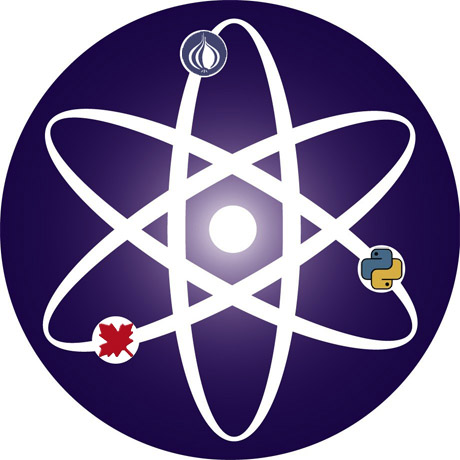Virtual Execution Environments for Scientific Computing
September 3-4, 2010, Palomar Hotel, Arlington, VA
Scientific computing is increasing relying on dynamic languages and virtual execution environment for their high productivity and quick turnaround. While first generation scientific languages were static, today's languages are increasingly dynamic. Perl, Python, R, Matlab, Mathematica, Maple, JavaScript, ROOT for C++, and many other domain specific languages are common place in Physics, Chemistry, Astronomy, Biology and Engineering. These languages and their execution environments are easy to learn by scientists and have been shown to greatly improve productivity. Yet, there are major challenges ahead. Performance of dynamic languages typically lags behind. Massive data sets are posing scalability challenges that execution environments are hard pressed to meet. Other factors such as parallelism, reliability, data privacy and reproducibility of results all remain open problems.
The VEESC workshop will bring together domain experts with designer and implementers of languages and environment to draw a roadmap for research in languages and environments for scientific computing. The participants will be asked to identify challenge problems, areas of national need, and draft a research agenda. One of the goal of VEESC will be to assist funding agencies in determining funding priorities in the field.
In the press: on the power of R for data analysis, high-energy physics with ROOT and CINT, OpenBabel, computational biology with Bioconductor, the Open Bioinformatics Foundation, Python for the sciences.
Funded by the NSF Software Infrastructure for Sustained Innovation (SI2) program in response to the S2I2 DCL.
Participants
- Tony Hosking, Purdue
- Chandra Krintz, UCSB
- David Padua, UIUC
- Jan Vitek, Purdue
- Luke Tierney, U Iowa
- Jeff Foster, U Maryland
- Michael Hicks, U Maryland
- John Field, IBM Research
- Tyler Alumbaugh, Lawrence Livermore
- Duncan Temple Lang , UC Davis
- Herman Venter, Microsoft Research
- William Cleveland, Purdue
- Philippe Canal, Fermilab
- Peng Wu, IBM Research
- Jose Nelson Amaral, U Alberta
- Dave Thomas, Bedarra Research
- James Noble, Victoria University
- Lee E. Edlefsen, Revolution Analytics
- Judith Bishop, Microsoft Research
- Sumit Basu, Microsoft Research
- Nate Nystrom, University of Texas
- Gheorghe Almasi, IBM Research
Organization
Sponsored by:



